How it all started…
Introduction to the Galileo Commission Project
The Galileo Commission is a project of the Scientific and Medical Network (www.scimednet.org), one of whose principal aims is to challenge the adequacy of the philosophy of scientific materialism (scientism) as an exclusive basis for knowledge and values.
Preface to the Galileo Commission Report
by Dr Peter Fenwick, President Emeritus, Scientific and Medical Network
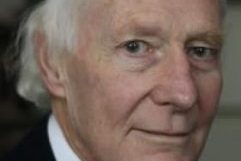 When I went up to Cambridge in 1954 to read Natural Sciences as my preliminary to a medical degree, I had the good fortune to have Lord Adrian as Master of my College, (Trinity). Lord Adrian won the Nobel Prize in 1932 for his work on the electrophysiology of the brain and the connection between neurones. Sir Andrew Huxley, my tutor, had also won a Nobel Prize in 1952 for defining the characteristics of the neural membrane, and how neural impulses were transmitted along the fibre.
When I went up to Cambridge in 1954 to read Natural Sciences as my preliminary to a medical degree, I had the good fortune to have Lord Adrian as Master of my College, (Trinity). Lord Adrian won the Nobel Prize in 1932 for his work on the electrophysiology of the brain and the connection between neurones. Sir Andrew Huxley, my tutor, had also won a Nobel Prize in 1952 for defining the characteristics of the neural membrane, and how neural impulses were transmitted along the fibre.
So we all had a sound grounding in learning how to use the current scientific theories, firstly to define problems and secondly in our analysis of the data. But there was no mention of consciousness. Neither did our course, Natural Sciences, have any lectures on the history of science or how it arose at the time of the enlightenment. That was part of the course on the History and Philosophy of Science, not provided for budding scientists, let alone budding doctors, perhaps on the unspoken grounds that it was in fact Unnatural, or at least Unnecessary Science in a crowded course.
Of course as we came to our clinical work and learned about Freud, Charcot and other philosophers of mind, consciousness could no longer be avoided as a topic. But just as hysteria had been thought of as due to the wandering of the womb in women, consciousness was seen as arising from and created by the brain. This view was clearly unsatisfactory, and it also led to some very unsatisfactory methods of psychiatric treatment. This was the time of William Sargent and his book Battle for the Mind, proposing, amongst other things, the use of sedation for anxiety states so that two or three days of unconsciousness would allow the brain to ‘re-boot’. It was also the time of leucotomy, when isolating large chunks of brain became fashionable as a treatment for schizophrenia and ‘bad behaviour’ – it had been found to tame and quieten monkeys. Schizophrenia was also treated by rendering patients almost comatose with insulin therapy, and by inducing grand mal seizures with ECT (Electro-Convulsive Therapy). Mind was regarded as simply a brain mechanism, its disorders to be treated mechanically. Not a glorious period for psychiatry.
With the advent of the Maharishi, meditation and Eastern philosophy it was becoming clear that the limitations of western science and its insistence on a brain-based creation of consciousness were no longer tenable. By this time I had discovered the work of Ouspensky, Gurdjieff, and learned meditation in the tradition of the Shankaracharya Swami Shantanand Saraswati. The introduction to the West of transcendental meditation by the Maharishi meant that there was now a pool of meditation subjects who could be investigated, and it soon became apparent that meditation could produce very wide mental states which had some reflection in changes of brain physiology, but was much wider than that. Parapsychology was also coming of age, with studies on telepathy, remote viewing and psychokinesis. Ian Stevenson even produced good scientific data by suggesting that past lives might have some basis in reality and could not always be explained on the basis of false memory.
As quantum mechanics became more widely understood, the classical view of physics no longer held for the very small and the very large, and with the recognition that every particle in the universe is influenced by every other particle, the then position of physics with its isolated effects required modification.
It became apparent that there were two camps, the materialists, who defined consciousness as arising from the brain and did not look beyond this. Theirs was a clockwork universe with joy, love, ecstasy, friendship, just being the action of neurones within the brain. Daniel Dennett, who holds this view strongly, once said to me at a conference, “When we understand the function of the neurones completely, there will be nothing left to explain about consciousness.” This hard materialistic view became mainstream in many branches of medicine and science. At this level of science there was no mention of consciousness. Any suggestion that consciousness might be a different substance, indeed some would go so far as to say, the basic substance, rather than material, would automatically be attacked by materialists, so negating that stream of thought.
As Church attendances fall, and people become more reluctant to accept articles of faith uncritically, a new religion is arising, the religion of materialism. But materialism, like any religion, has its own strongly held faith and its reluctance to admit any evidence which does not fit in with its belief structure. Its mechanistic view of the world and of human kind has led to an impoverished society where mechanical-driven models of human behaviour – beings with no consciousness, no soul – degrade our societies and the planet.
This pervasive scientific view has led to university departments refusing to employ scientists who think outside the materialistic box. When I became interested in near-death experiences and their very wide-reaching conscious state, I was confronted by materialists who suggested this state was just another brain malfunction. When it was shown that these arose at the time when, following cardiac arrest, brain function was absent, the materialist explanation was that even if no activity is seen on the surface of the brain – flat EEG – there were secret workings within the brain which would explain it all. This has to be nonsense because a conscious state of that magnitude would involve huge areas of correctly functioning brain, for which there was no scientific evidence. The only explanation was that consciousness and the brain are not always intermixed in the way we thought they were. This is an exciting line of thought to follow, but is ridiculed by the materialist scientific paradigm.
There are many other examples, all of which point to the limitations imposed on thinking by the Church of Materialism. This is not to say that materialism is always limiting; in much of science the materialistic world view is adequate. But when it comes to human mind, the concept of soul and our understanding of the wider mental states that occur, to quote Sherrington; “It puts its finger to its lips and is silent.”
How widespread and how strong is the Church of Materialism? I have found that most materialistic scientists, when asked if they are conscious or simply a machine, deny that they are simply machines. Try out this question on your materialistic colleagues. Are they automatons? At least one of my colleagues had the decency to say, not at the weekends, but definitely during the week. Those who have worked most closely with the brain and understand it came to the same conclusion: mind and brain are different. Wilder Penfield, the great Canadian neurosurgeon who pioneered surgery for epilepsy, said:
For myself, after a professional lifetime spent in trying to discover how the brain accounts for the mind, it comes as a surprise now to discover, during this final examination of the evidence, that the dualist hypothesis [separation of mind and brain] seems the more reasonable of the two possible explanations. . . . Mind comes into action and goes out of action with the highest brain-mechanism, it is true. But the mind has energy. The form of that energy is different from that of neuronal potentials that travel the axone pathways. There I must leave it.
Having a science which is limited only to material things ignores a whole spectrum of human experience. It is destructive because it does not take into account the fundamental nature of the human, conscious being. The desperate attempts of materialists to limit consciousness to the brain is nicely summed up by Bernard Kastrup, a computer scientist:
Here we have consciousness trying to trick consciousness into believing that it doesn’t exist….The motivation behind eliminative materialism is clear: if we deny the very existence of consciousness, presto, we no longer need to explain it!
Bernardo Kastrup. Brief Peeks Beyond. Winchester, UK: iffBooks; 2015:60-61.
The Galileo Report challenges the materialistic position head-on, and sets out to examine the evidence against it, and the belief structures of our current scientific community. As Galen Strawson, academic philosopher at the University of Texas said:
This particular denial (of the existence of consciousness) is the strangest thing that has ever happened in the whole history of human thought.
The completion and circulation of this report is both timely and important. I wish it every success in helping to demonstrate the illogicality of our materialistic culture, and helping materialists to see themselves as just another Church.
Science needs to be more scientific
Foreword by Iain McGilchrist
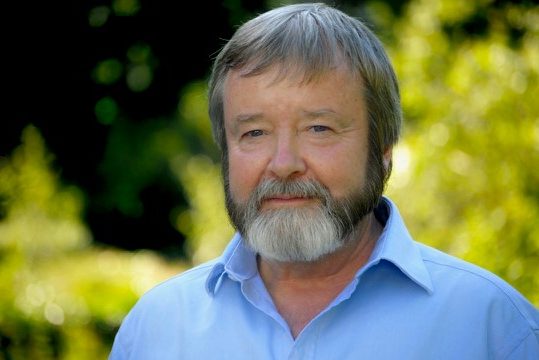 My unease about the presuppositions hidden in science was crystallised when I read Collingwood’s Essay on Metaphysics while at school. This presented a radical critique of the then fashionable logical positivism advanced by AJ Ayer and the Vienna Circle, and prefigured the much better known book by Thomas Kuhn, The Structure of Scientific Revolutions, published in 1962. Kuhn alerted us to the ‘paradigm’ as a lens through which we apprehend reality, the problem being that, while such paradigms are indispensable, we tend to be oblivious to the inevitably distorting effect of the lens. The lens defines not only what we will accept, but what we can see; anything not adapted to it is either unseen, or, if our attention is drawn to it, dismissed.
My unease about the presuppositions hidden in science was crystallised when I read Collingwood’s Essay on Metaphysics while at school. This presented a radical critique of the then fashionable logical positivism advanced by AJ Ayer and the Vienna Circle, and prefigured the much better known book by Thomas Kuhn, The Structure of Scientific Revolutions, published in 1962. Kuhn alerted us to the ‘paradigm’ as a lens through which we apprehend reality, the problem being that, while such paradigms are indispensable, we tend to be oblivious to the inevitably distorting effect of the lens. The lens defines not only what we will accept, but what we can see; anything not adapted to it is either unseen, or, if our attention is drawn to it, dismissed.
Scientific revolutions result in a reframing of previous knowledge in a new way. There will always be considerable resistance to revising a paradigm, especially if it has proved successful in many respects. But its success in those respects may blind us to its failure in others. That is always the danger.
The arguments contained in this summary Galileo Commission Report have been ignored by the science establishment, not because of their lack of merit, but because they would require a revision of the current, cherished, materialist, paradigm. I believe the main reason for this is fear.
Nowadays science is an industry, practised factory-fashion, with huge empires, awards and egos at stake, and dependent on vastly expensive machinery. No young scientist now dares step out of line if he or she wants a career, and the more established ones have everything to lose by doing so. As a result, true science is practised less and less. It takes huge moral commitment and courage to think less narrowly; yet without thinking differently no great discoveries are made. Most of the great discoveries of science of the past were made by independent individuals working with only basic equipment and often alone (many were clergy).
They were true scientists, because they asked the important big questions and kept their minds open. This is harder nowadays. And broadcasters and journalists are afraid of appearing foolish by giving any credence to anything other than scientism, since that is what the establishment enforces (they are also now locked into huge, inflexible bureaucratic systems of their own). Meanwhile the humanities have lost their nerve, for a host of reasons, and just want to ape what they see as ‘science’, though what they ape is, in fact, scientism: the belief that all human questions can be answered by the application of a framework of reductive materialism.
The Galileo Commission Report makes the important distinction between scientism and science, and takes an inclusive, rather than exclusive, view. We all need healthy science. Without it, I believe, we are all lost – at least if any argument is to have purchase; and it is not as if the current science paradigm, deeply mistaken as I believe it to be, has met with no success. Much as Newtonian mechanics is incomplete, it is very helpful in very many situations. The problem is in taking at all times the narrow view. For example, it is not that, taking the narrow view, agribusiness does not work: it’s that in the broader view it is disastrous, because we don’t see what it is that we cannot see.
Organisms are not in the least like mechanisms, but mechanism is a perfectly useful way of looking at tiny details in a complex picture. The problem is thinking that the same thinking will help you understand the whole, which it can’t. What we want, in the words of the better US title of Rupert Sheldrake’s “The Science Delusion”, is “Science Set Free”. Science needs to be liberated, not besieged.
How do you come to see what it is that your narrow vision, by definition, excludes you from seeing? Some people, perhaps most, cannot be helped: they will never look down the telescope. But there will always be some who will, and they need our encouragement. What makes the current science establishment particularly uncomfortable is any breath of inconsistency – a sure sign of moribundity, since it is only from inconsistencies that science advances – which has the perverse effect of discouraging any shifts in the paradigm.
The science establishment makes unscientific assumptions, an inconsistency ignored by the mainstream who assume that they make no assumptions. To take one example, there is no single shred of evidence that matter gives rise to consciousness, and some reason from contemporary physics to believe that consciousness is prior to matter. And, of course, the demand that science accept only what can be empirically demonstrated is itself not an empirically grounded or demonstrable demand. We need to ask the difficult, truly scientific questions, allowing people to see what they may be missing simply by being too narrow in their assumptions.
In brief, this Report does not argue that there is something wrong with science, but that what passes for science nowadays is not scientific enough; and that as a result we are missing great potential discoveries, and stultifying the human mind.
Translated summary of argument (click on a language to download):
- No human intellectual activity, including science, can escape the fact that it has to make assumptions that cannot be proven using its own methodology (i.e. absolute presuppositions).
- The prevalent underlying assumptions, or world model, of the majority of modern scientists are narrowly naturalist in metaphysics, materialist in ontology and reductionist-empiricist in methodology.
- This results in the belief that consciousness is nothing but a consequence of complex arrangement of matter, or an emergent phenomenon of brain activity.
- This belief is neither proven, nor warranted.
- In fact, there are well documented empirical phenomena that contradict this belief. Among them are:
- Veridical reports of near-death experiences (NDEs) with complex intuitions, perceptions, cognitions and emotions during well-documented absence of brain activity.
- Veridical reports of non-local perception that were confirmed independently during such near-death-states of absent brain activity.
- The large database of parapsychology and anomalous cognition research shows in a series of meta-analyses that such non-local perceptions are indeed possible.
- The large database of children who remember previous lives, some of whom have corresponding deformities.
- An increasing number of open-minded scientists are already researching these frontier areas using existing scientific methods, and are reaching empirically grounded conclusions that challenge the mainstream majority view.
- They, therefore, argue that we need a model of consciousness that is non-reductive and allows consciousness its own ontological status.
- A minimum-consensus model is a dual aspect or complementarity model, in which matter and mind, consciousness and its physical substrate, are two aspects of reality that are irreducible and simultaneously occurring perspectives of an underlying reality to which we otherwise have no direct access.
- If that is granted, we can immediately see that consciousness can have its own direct access to reality, not only through sense perception, as in classical empiricism, but also through inner perception or radical introspection.
- As a result, there may be a different and valid access route to reality, through consciousness, in addition to the classical one science is offering.
- This might include direct access, under certain conditions, to deeper structures of reality, which may provide important insights into ethics, meaning, and values.
- Indeed, insights from NDEs and other transformative experiences suggest that we are all embedded within a larger field of consciousness, with profound implications for ethics in an interconnected world.
- Integrating an enlarged view of consciousness into science will also yield a new methodology that will have to be developed: the methodology of radical introspection or inner experience.
- In view of the widespread perception that a narrow materialist world view is often uncritically passed on to young scientists by mainstream authorities as an adequate explanation of reality and as a pre-conditon for a successful scientific career, we call for an open exploration of this topic and we encourage the scientific community to become more critically self-reflective of the absolute presuppositions on which their activities are based and to consider expanding their scope.
Preface – Dr Peter Fenwick
Introduction: An invitation to look through the telescope – David Lorimer
Foreword – Dr Iain McGilchrist
Summary of Argument
- Purpose, Motivation, Background
- Some Problems Created Directly or Indirectly by the Current Concept of Science
- Exclusion of Important Experiences and Crystallisation of Contingent Views of the World
- The Replication Crisis
- The Ecological Crisis
- The Crisis of Credibility
- The Crisis of Meaning
- The Crisis of Health
- Example: Type 2 Diabetes
- The Inescapability of Background Assumptions
- The Most Important Background Assumptions of Current Science
- Materialist Ontology and Reductionism
- Ockham’s Razor or Parsimony
- The Dominance of Binary Logic and the Analytical Strategy
- The Problem of Values and the Foundation of Morality
- The Limitations of the Current Background Assumptions
- The Limitation of the Materialist Background Assumption
- Causal Efficacy of Consciousness: Complex Emergentist Materialist Models of Consciousness and the Presumed Inefficacy of Will
- Empirical Data that Challenge a Materialist Ontology
- Non-Local Perception during Near Death Experiences
- Children with Memories of Previous Lives and Corresponding
- Birthmarks
- Non-locality in Anomalous Cognition
- A Generalised Model of Nonlocality
- Intermediate Summary: a Role for Consciousness
- Holistic Concepts to Complement Analysis and Reductionism
- Towards a Science of Introspective Knowledge
- A Historical Reminder: Direct Introspection in Roger Bacon in the 13th Century
- Inclusive Thinking and Classical Logic
- Abductive Reasoning – The Scientific Equivalent to Direct Introspection
- Towards a Science of Ethics and Values
- Towards a New Science and a Culture of Consciousness
Glossary
References
Professor Harald Walach
The Scientific and Medical Network
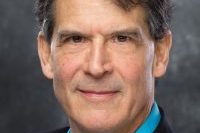
Modern science has accomplished unprecedented goals in demonstrating the potential for humanity to understand and manipulate the world around us. However, much of its effect (i.e. science and technology used to wage war or enable injuring and killing others, as well as the wanton wreckage of our environment to the point of threatening great numbers of species with extinction, etc.) has greatly diminished the quality of life on our fragile planet, as opposed to enhancing it. The Galileo Commission report illuminates a refreshing path forward, all based in the modern science of consciousness, which offers hope for a more promising and fruitful future for all of humankind. Thanks to this report and the direction to which it points, scientific pursuits may once again lead the charge in achieving the grand aspects of human potential, through the wedding of human knowledge with the reality of human spirit.
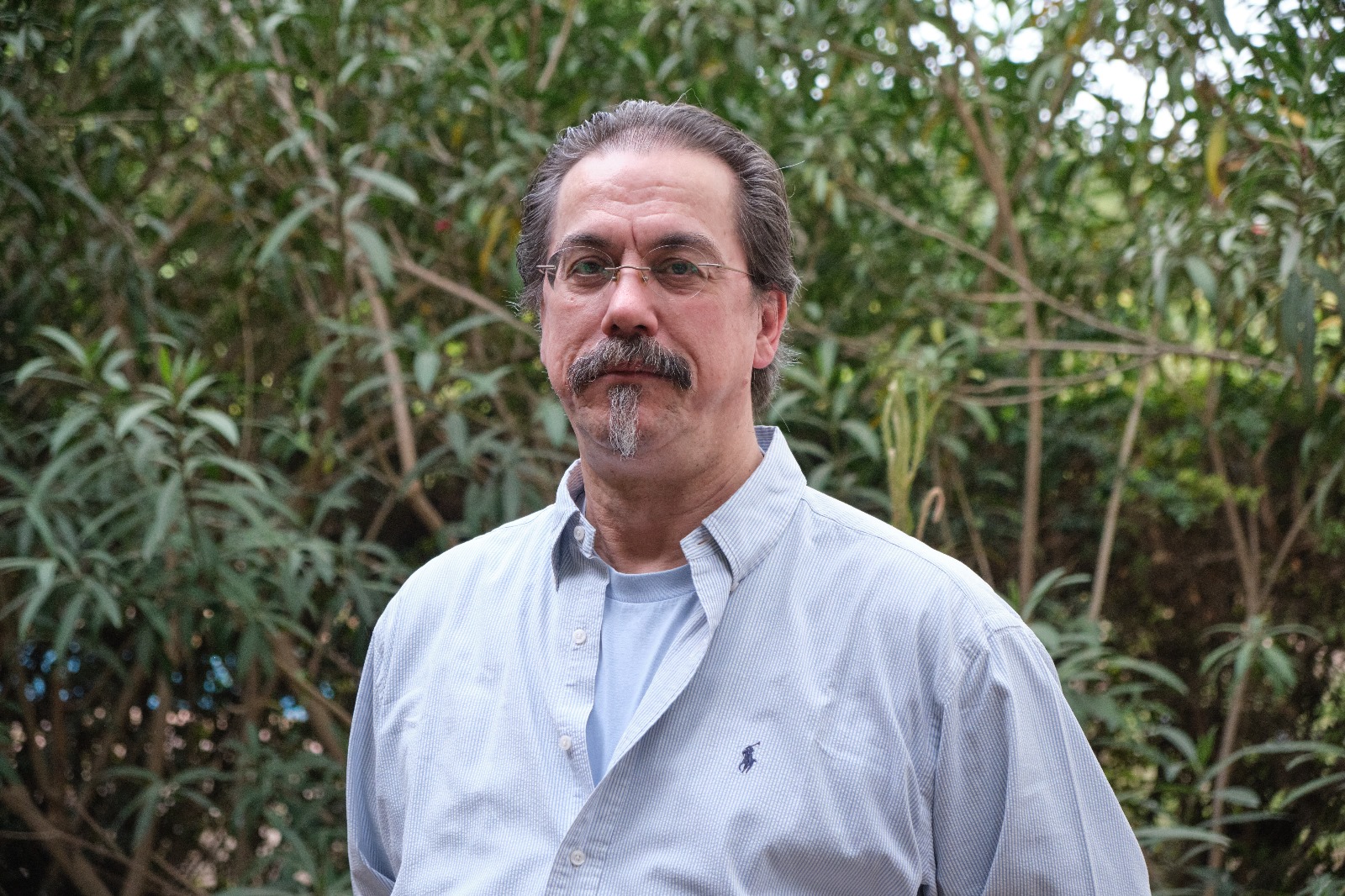
The Galileo Commission report arrives in a critical, and unprecedented, moment in our history where the need for a qualitative change in science has never been so apparent and pressing. The crisis is obvious now also to the most `mainstream’ establishments. Even the top-notch scientific journals are running long editorials and articles showing deep concern about the ethics, values and ethos of science governance (peer review failings, difficulties in reproducibility, data misinterpretation etc) and the worries for the role of science for policy making. Something went wrong, evidently.
Ever since Galileo’s time science, submitting to a strictly object-mediated approach, has proven the most successful and useful human enterprise. But being successful is far from being good, not to mention being true. The prevailing way of doing science is now evident that it is rapidly reaching its own limits. More and more we realise that our environment, ourselves and the sentient beings around us cannot continue to be treated in a mere utilitarian fashion. Are we just useful parts of a purposeless machine operating in the midst of randomness? A certain self-examination of scientific practice has to take place and a change in science’s attitude toward both physical reality and its own self.
The Galileo Commission essentially calls for an initiative aiming at re-establishing the true and meaningful freedom of scientific enquiry (“esprit-libre”) and for all he good reasons. It does so at the right moment and the right way: by introducing self-reflection into the practice –and the understanding– of science. That’s why one cannot but endorse and assist to this process.
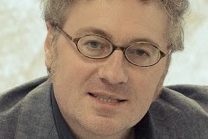
The Galileo Commission report receives my endorsement on the grounds that it counters, to a large extent, the prevailing nihilistic world-view (dogma?) in mainstream, Western science that the universe and all life are merely material mechanisms or machines, and that consciousness will ultimately be explained fully by the physics and chemistry of the brain. The well-reasoned arguments go a long way towards elevating science to a higher metaphysic and thereby paving the way for a holistic outlook along with values and qualities to be included as a complement to the quantitative approaches in line with the true freedom of spirit of scientific enquiry. The report deserves a wide circulation.
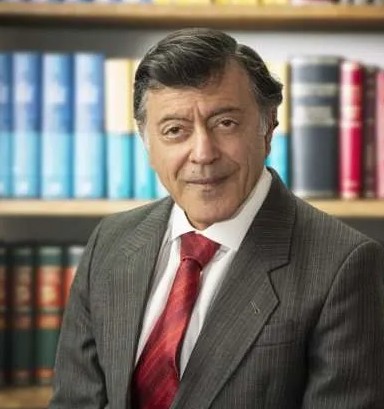
The Galileo Commission report receives my endorsement on the grounds that it counters, to a large extent, the prevailing nihilistic world-view (dogma?) in mainstream, Western science that the universe and all life are merely material mechanisms or machines, and that consciousness will ultimately be explained fully by the physics and chemistry of the brain. The well-reasoned arguments go a long way towards elevating science to a higher metaphysic and thereby paving the way for a holistic outlook along with values and qualities to be included as a complement to the quantitative approaches in line with the true freedom of spirit of scientific enquiry. The report deserves a wide circulation.
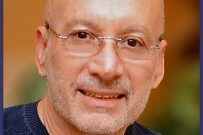
I applaud the Galileo Report for emphasizing that there’s no such thing as a purely empirical science, and I support its call for self-critical reflection on the foundations, aims, and scope of the scientific enterprise.
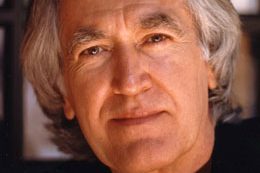
In the future, if we have one, our descendants will surely look with astonishment on a hallmark of our age: how we were duped by materialism, how our most brilliant scientists enthusiastically used their minds to prove that minds do not exist, and how they employed their consciousness in the task of proving that no one is truly conscious. A condition for our species’ survival is, first and foremost, to survive the dehumanizing, paralyzing, suicidal scourge of materialism. The Galileo Commission Report is a powerful move in this direction.
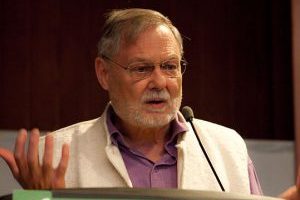
Our view of the Universe profoundly impacts how we live in the world. If we think we live in a materialistic Universe that is comprised of non-living particles without meaning and purpose, then it makes sense to exploit that which is dead on behalf of ourselves, the most visibly alive. Alternatively, if we have direct experiences of connecting consciously with the aliveness in nature and the world around us, then it is natural to respect and care for the countless expressions of aliveness. These are two radically different ways of looking at the Universe and, in turn, produce dramatically different views of our identity and evolutionary journey.
This leads to a startling conclusion: the most urgent challenge facing humanity is not climate change, or species extinction, or unsustainable population growth; rather, it is how we understand the Universe and our intimate relationship within it. Our deepest choices for the future emerge from this core understanding. The Galileo Commission Report represents a major step forward in reframing our understanding of the universe and moving toward a sustainable and surpassing future for the Earth.

The Galileo Report challenges the materialistic position head-on, and sets out to examine the evidence against it, and the belief structures of our current scientific community. As Galen Strawson, academic philosopher at the University of Texas said:
This particular denial (of the existence of consciousness) is the strangest thing that has ever happened in the whole history of human thought.
The completion and circulation of this report is both timely and important in helping to demonstrate the illogicality of our materialistic culture.
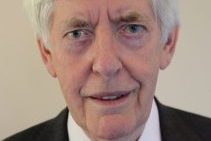
In our time there is a great need to open to the metaphysical and scientific emphases in philosophy (including the stunning discoveries within all the sciences) and the intuitional and rational approaches to Reality and the universe; and to know at first hand the Universalist vision of the fundamental unity of the universe and of humankind in which all opposites are reconciled. This can be experienced in universal (or cosmic) consciousness, the most expansive of a dozen levels of consciousness, which receives the metaphysical Light.
This inner mystical and spiritual experience is found in all cultures at all times and is central to all religions and the rise of all civilizations; it reconnects philosophy to Nature and inspires dreams of the political unity of all humankind. The Galileo Commission Report focuses on a post-materialist science that includes introspective knowledge of the Light, and commendably carries forward the pioneering work of the SMN’s Universalist Group of Philosophers in 1993–1994, which paved the way for the Universalist vision in philosophy and the sciences, in mysticism and comparative religion, in history and international relations/statecraft, and in literature and world culture. The Report is to be warmly welcomed and its aims deserve widespread support.

Anyone seeking a thorough understanding of the controversy at the growing edge of science will find it in the Galileo Commission Report – it is a real tour de force! As humanity stands on the precipice of that growing edge, the Report will help to ensure that we will not fall back to the limited perspective that currently dominates Western culture but will move forward to a more holistic perspective that includes all the evidence at hand.
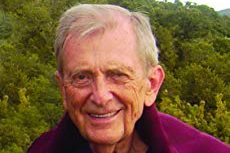
The Galileo Project is an enterprise whose time has come. A careful look at the evolution of the cosmos will discern the role of intention and agency in all creation, from the planets, stars, and galaxies. to amoebae, molecules and subatomic particles. This self-organization belies the materialistic paradigm and affirms the primacy of what, for lack of a better term, we call “consciousness”.
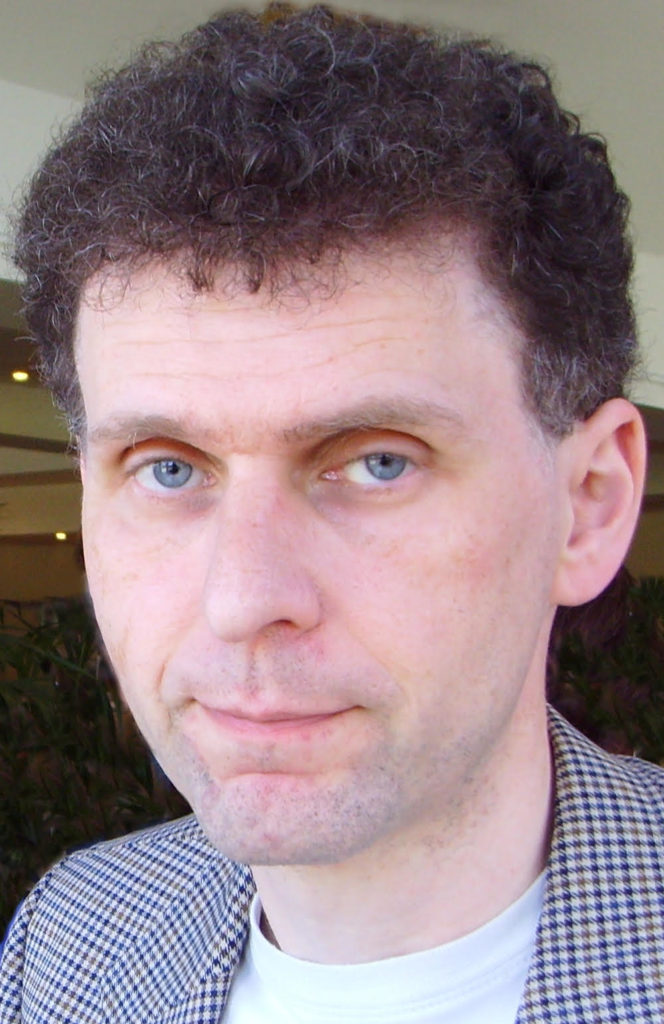
If science means careful, systematic investigation of phenomena, and the knowledge and theories that follow from it and feed into it, then so far so good. But unexamined presuppositions have too often imposed limits on the phenomena investigated, methods employed, and conclusions drawn. Walach’s Galileo Commission Report provides a stimulating, richly detailed critique of those presuppositions and their regrettable consequences, and above all invites us to do better, more open-minded science.

The Galileo Commission Report is a revolutionary work that serves as a “wake-up call” to humanity that there is more to this universe than our physicalist notions currently allow. This report is a well-written, comprehensible, yet thorough introduction to the big concepts and ideas surrounding a world view beyond physicalism and the necessity for humankind to broaden and deepen our understanding of consciousness. This report is a compelling call for us to re-examine the impact of our belief systems and assumptions on our work and to expand our scope, deepen our introspection, and apply our scientific curiosity towards a more comprehensive understanding of consciousness. The ramifications of such are too big to ignore.
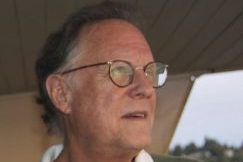
The Galileo Commission, of which I am a part, is one manifestation of an emerging critical consensus in science; not a refutation of the past but an extension and expansion into the future. One that Max Planck, Einstein and others tried to tell us about a century ago: consciousness is causal and fundamental — a post-materialist worldview.
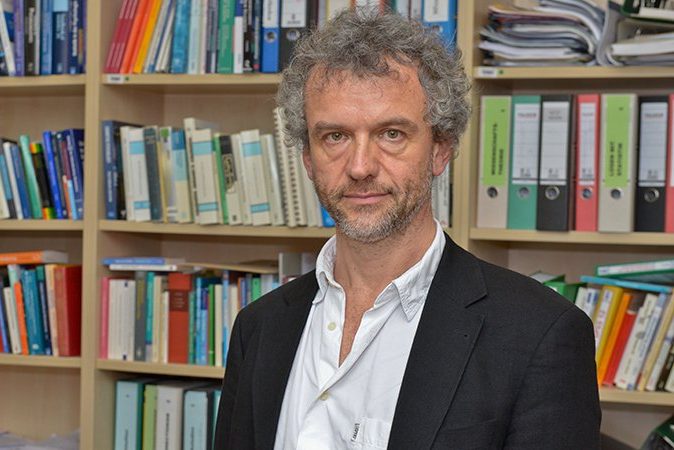
In this Report, Harald Walach has summarised and synthesised his work of the last two decades. He points out the severe limitations of strictly materialist background assumptions that unnecessarily narrow down the scope of science. Among other suggestions for an improved way to conduct empirical research, especially research dealing with humans, he suggests giving more emphasis to inner experience when exploring issues related to consciousness. Changing the underlying assumptions of science as well as respective research methods might not be equally important for all scientific areas; but to really advance our understanding of areas such as meditation research or research on psi-phenomena, an increased openness to alternative background assumptions and research methods as competently advocated in this Report is absolutely necessary.
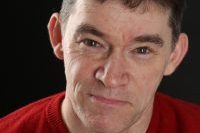
We are living in a time of crisis, largely as a result of the materialist worldview which underpins our culture, which sees living beings as chemical machines, and the mind as nothing more than a product of the brain. This worldview has created a background atmosphere of nihilism, a sense that life is purposeless and meaningless, and also fuels our reckless abuse of the environment. As the report of the Galileo Commission clearly shows, a great deal of contemporary scientific research shows that the assumptions of this worldview are false, and points towards a more holistic and spiritual perspective. As a culture, we urgently need to embrace this new perspective in full, so that we can begin to live more harmoniously with each other and the natural world. The report of the Galileo Commission is an important part of the movement towards this goal.
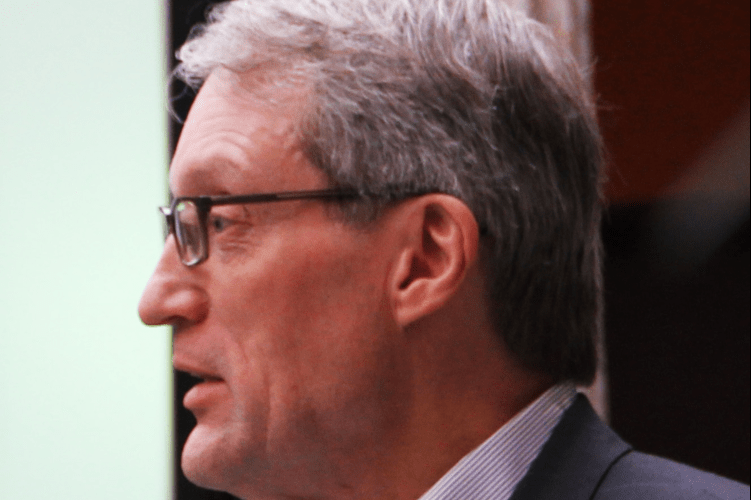
Harald Walach’s incisive report shows us that science is built on assumptions that cannot be proved from within science itself. Most scientists are taught to ignore this problem of proof and to adopt these assumptions unquestioningly as the basis for their scientific work. But leading edge physics has evolved beyond these initial classical assumptions, which are now obstructing the future path of science. This report reviews the assumptions and shows that they are in fact open questions. If science is to advance freely it is vital, for example, that materialism – the assumption that nothing but material substance exists – is recognised for what it is: a philosophical speculation, not a question which science is able to answer. The position scientists take on this key question is therefore not a scientific but a philosophical choice.
The potential impact of their choice on the future of science shows clearly in the current unwillingness to take seriously any hypothesis which treats consciousness as something that could exist in its own right. Regrettably, the scientific establishment lacks rational justification when it asserts that consciousness is nothing but the subjective experience of brain functioning. Harald Walach is to be commended for proposing a philosophical position on this question that keeps open the question of whether or not mental phenomena arise from material phenomena or arise independently, showing that scientists can legitimately keep an open mind on this point while remaining rigorous. Working scientists who have not considered this possibility would do well to read this report.

When I read the Galileo Commission Report, which includes the names of many highly respected advisors from the general scientific community, I was encouraged to see that the materialist view that consciousness is solely the product of brain activity has been challenged in a detailed, clear, and very convincing document. My hope is that the scientific community at large will consider this body of research, which is based on an emerging post-materialist scientific framework, in a thoughtful and professional way, and conclude that it makes a powerful case for consciousness as a primary element of nature rather than a product of biological processes.
